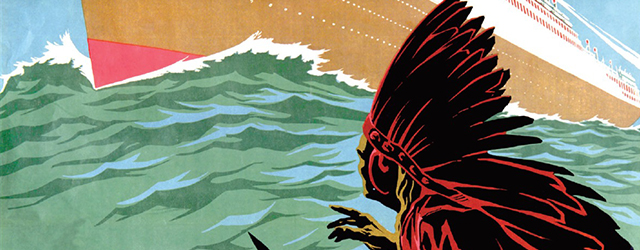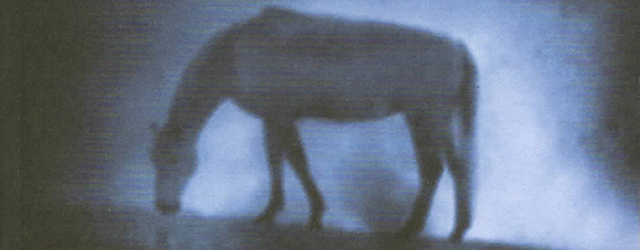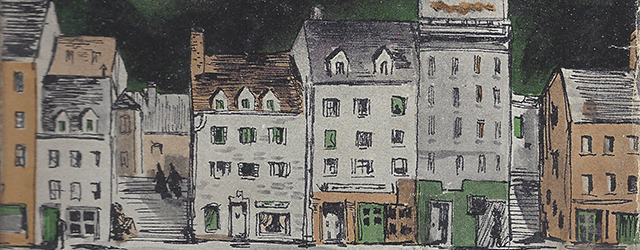The Double Hook, by Sheila Watson
When planning this year’s reading project I put out a call for book recommendations; I received several, but the most common one was The Double Hook, by Sheila Watson. It didn’t make the cut for a number of reasons—mostly because my list was already pretty heavy on pre-CanCon material—but I added it as a “just in case” book, because I was having trouble locating copies of some of the other books. But December has rolled around, I’ve finished all twelve of my posts, and it turns out that I have time to do one more: my bonus book, The Double Hook. Sheila Watson’s prose was absolutely glorious. In a great many ways it reminded me of the best of Southern US writing; the same deceptively simple diction, the same idiosyncratic syntax, the same presentation of the mundane as the mythic. The Double Hook was gorgeous from beginning to end, but… Continue Reading









